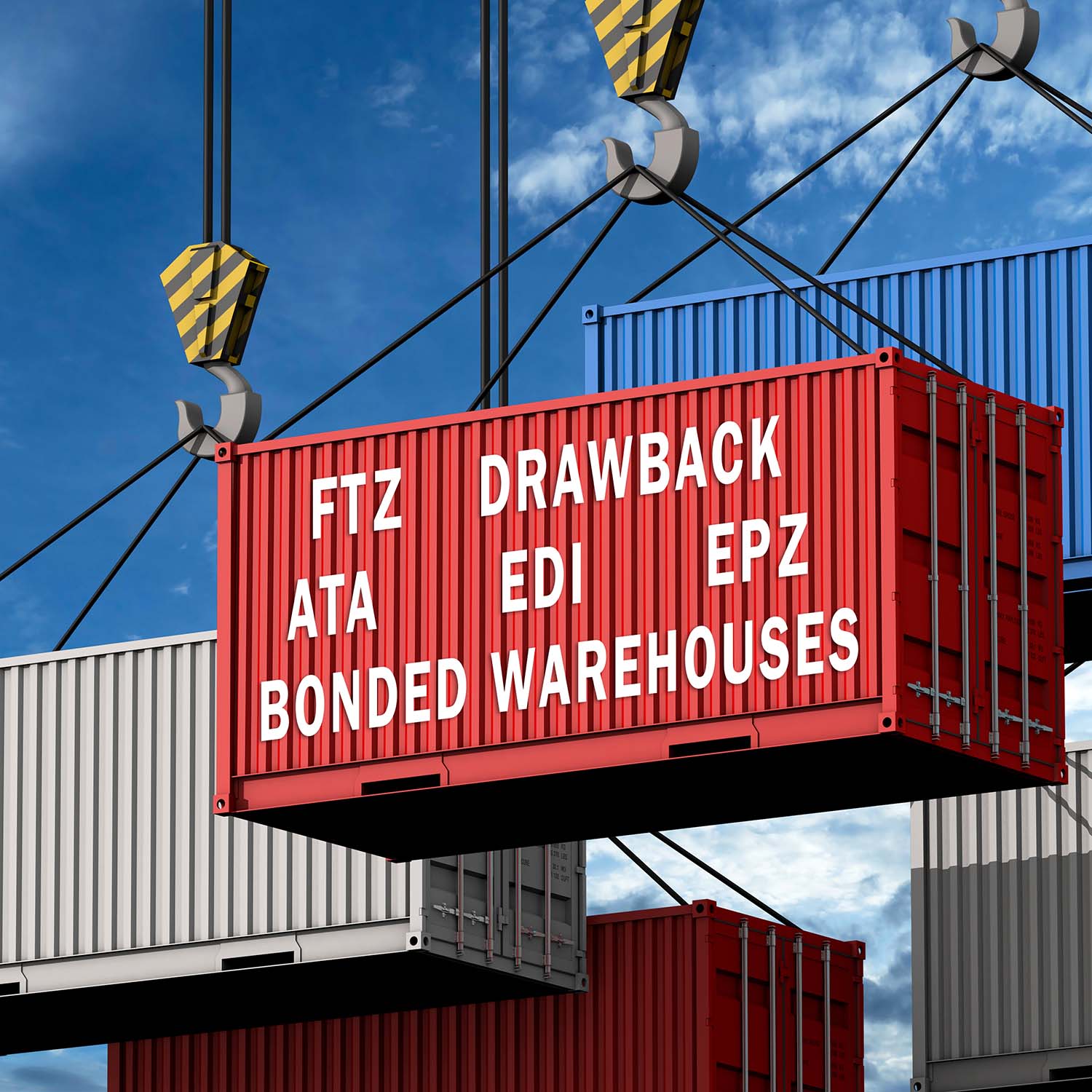Special Provisions
Industrial Parks (IP)
Vietnamese law distinguishes a number of specific types of Industrial Parks (IP). Opportunities exist for foreign investment business infrastructure projects; production and processing of industrial products for export or for domestic consumption; technical expertise; and other services supporting production.
Industrial Park
The basic concept of an industrial park is an area where companies specialized in producing industrial goods are concentrated.
Export Processing Zone (EPZ)
An Export Processing Zone (EPZ) is an industrial park housing Export Processing Enterprises, companies that specialize in production of goods for export. Imported goods as well as domestic goods may be brought into the zones to be incorporated into the enterprises themselves or into the goods produced.
High-Tech Park
A High-Tech Park is a zone where industrial enterprises, including Export Processing Enterprises and high-technology research and development firms, are concentrated.
Temporary Importation
Vietnam is not a party to the ATA Carnet convention. However, it does have some provisions for temporary importation of goods as described below.
Machinery and Equipment
Machinery, equipment, and specialized tools required to accomplish work by persons entering the country for the purpose of doing the work may be temporarily imported for a definite period in accordance with their working requirements, and must be re-exported by the end of the stay.
Machinery, equipment, and specialized tools taken by the persons on entry and exit must go through customs procedures. Along with the customs declaration, the person importing the equipment must submit a written request, a Bill of Lading, a detailed list of the goods, and a written certification as to the work to be done using the equipment, issued by the agency or organization where the person is working.
Oil and Petroleum
Petroleum, diesel, fuel oil, kerosene, and flight fuel may be temporarily imported for up to 90 days by enterprises with oil and petroleum import business licenses granted by the Ministry of Trade. Tax and financial obligations are waived. The Vietnamese enterprise purchases oil and petroleum from one country for resale to another country, declaring the fuel for import into Vietnam and export out of Vietnam under two separate sale and purchase contracts.
Oil and petroleum imported for sale to export processing enterprises, aircraft, and seagoing vessels of Vietnam going on international routes and international voyages, and aircraft and seagoing vessels lay at anchor in Vietnamese ports are also deemed re-export of oil and petroleum.
Commercial Goods
Vietnamese enterprises with registered export and import codes may engage in temporary import of commercial goods specified in their Business Registration Certificates. Goods may be temporarily imported for up to 90 days under exemption from tax and financial obligations. The Vietnamese enterprise purchases the goods from one country for resale to another country, declaring the goods for import into Vietnam and export out of Vietnam under two separate sale and purchase contracts. The purchase contract may be signed before or after the signing of the sale contract.
Goods are subject to supervision of the customs offices until they are actually exported out of Vietnam.
Goods for Exhibition at Fairs
Goods temporarily imported for display at fairs must be declared at the customs offices responsible for the place where the fair is held. The goods required the following documents for customs clearance:
- Declaration
- Bill of Lading (copy)
- Detailed list of the goods
- Permit issued by the state body responsible for the type of goods
Bonded Warehouses
Bonded warehouses are used for temporary storage of imported or domestic goods under bonded warehouse lease contracts valid for up to one year. Established in areas convenient to international transport, such as ports, industrial parks, high-tech parks, export processing zones, or other special economic zones, bonded warehouses may be yards or actual warehouses, but in either case are enclosed by walls or fences and protected by security. Consolidation, classification, sampling, and sale of the goods may be carried out in the warehouse. The warehouse owner may represent the owner of the goods in customs import and export procedures. Goods entered into a bonded warehouse undergo the usual customs entry process and are subject to the usual taxes.
Tax-Suspension Warehouses
Tax-suspension warehouses are established by manufacturing companies for import and storage of raw materials for processing into export merchandise. To qualify for the tax-suspension regime, the manufacturing company must produce at least 50 percent of its merchandise for export.
On import, two customs declarations are submitted, one for the raw materials to be used in export goods and the other for materials to be used in goods sold domestically. The portion of goods to be used in merchandise for export is exempt from import duties and taxes.
Note: The above information is subject to change. Importers are advised to obtain the most current information from a customs broker, freight forwarder, or the local customs authorities.
Article written for World Trade Press by Taylor Holloran, Jennifer Goheen, and Nina Bellucci.
Copyright © 1993–2025 World Trade Press. All rights reserved.

 Vietnam
Vietnam 
